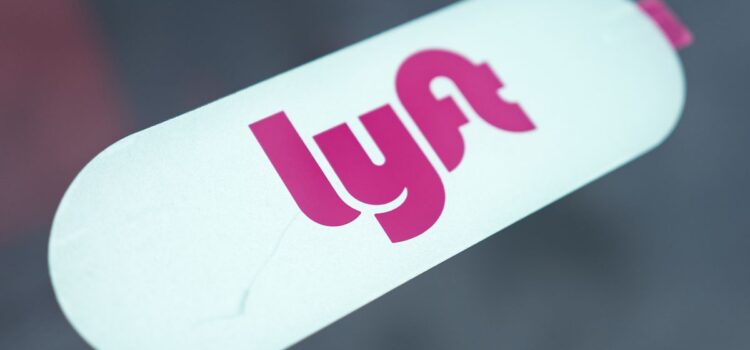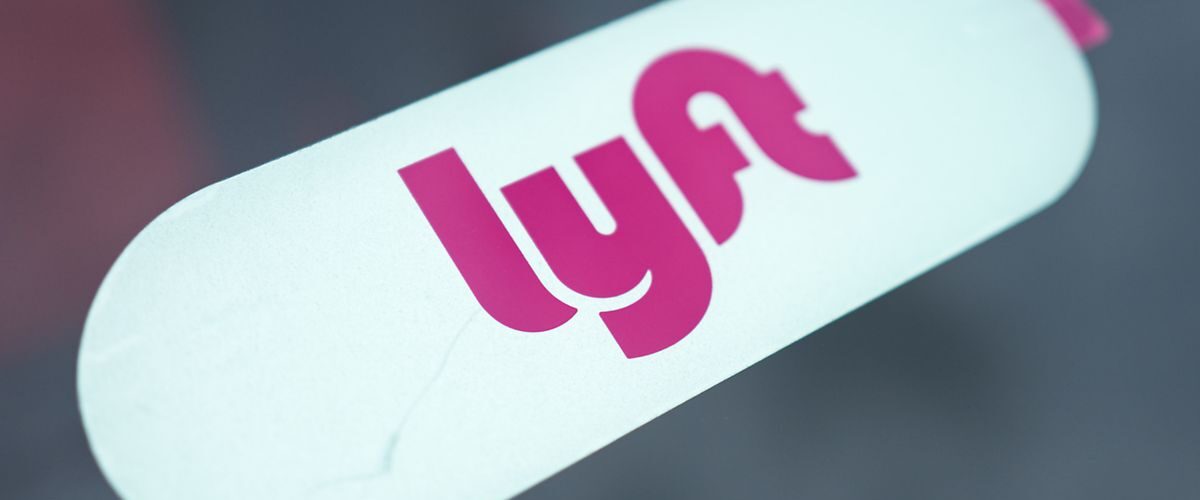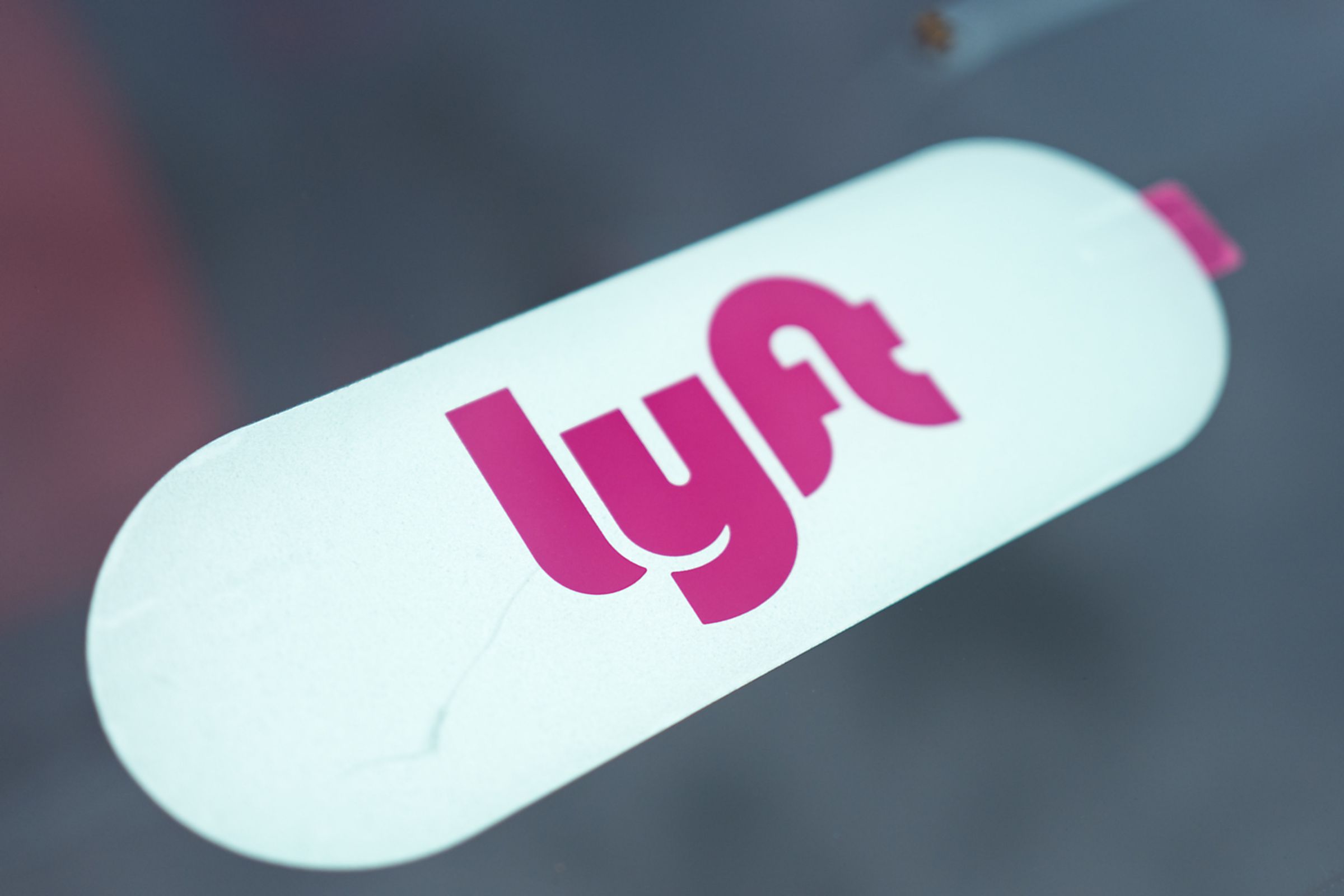


Lyft will start charging you wait time fees if you make a driver wait more than two minutes after their arrival.

Lyft is cracking down on late passengers. The ridesharing company quietly updated its support page with new wait time fees that it’ll charge at a per-minute rate, a policy that’s been around since December 2022, according to Lyft spokesperson Katie Kim (via TechCrunch).
The wait time fees start two minutes after a driver arrives at your location or five minutes for Lux Black and Lux Black XL rides. If a driver reaches your location ahead of time, the wait time fees won’t kick in until two minutes after your scheduled pickup.
Lyft doesn’t specify how much it’ll charge per minute and doesn’t outline any possible fees on its website. It only says that fees “vary by location” and that “additional wait time charges may apply to your trip depending on how busy it is.”
Although Lyft’s support page says the fees are charged on a “per-minute” basis, a screenshot of the fees from one Twitter user suggests that you may rack up fees per second. As shown in the screenshot, the user was charged 58 cents for making the driver wait an extra 49 seconds. The fees don’t apply to Shared, Access, Assisted, and Car Seat rides. This gives people more time to enter the vehicle if they need it.
Lyft says riders with disabilities who need more time can submit a waiver for wait time fees, too, and that it will refund any “previous wait time fee charges upon request.” The company also won’t charge a wait time fee if your ride is canceled and you pay a cancellation fee, although it’s unclear what will happen if the driver cancels.
The introduction of Lyft’s wait time fees comes a whole seven years after Uber implemented the same policy. Just like Lyft, Uber’s wait time fees start kicking in two minutes after the driver arrives at your location. This policy made Uber the subject of scrutiny after the US Department of Justice sued the company over allegations that it discriminates against people with disabilities. Uber later agreed to a $2 million settlement to compensate disabled riders affected by the wait time fees.
